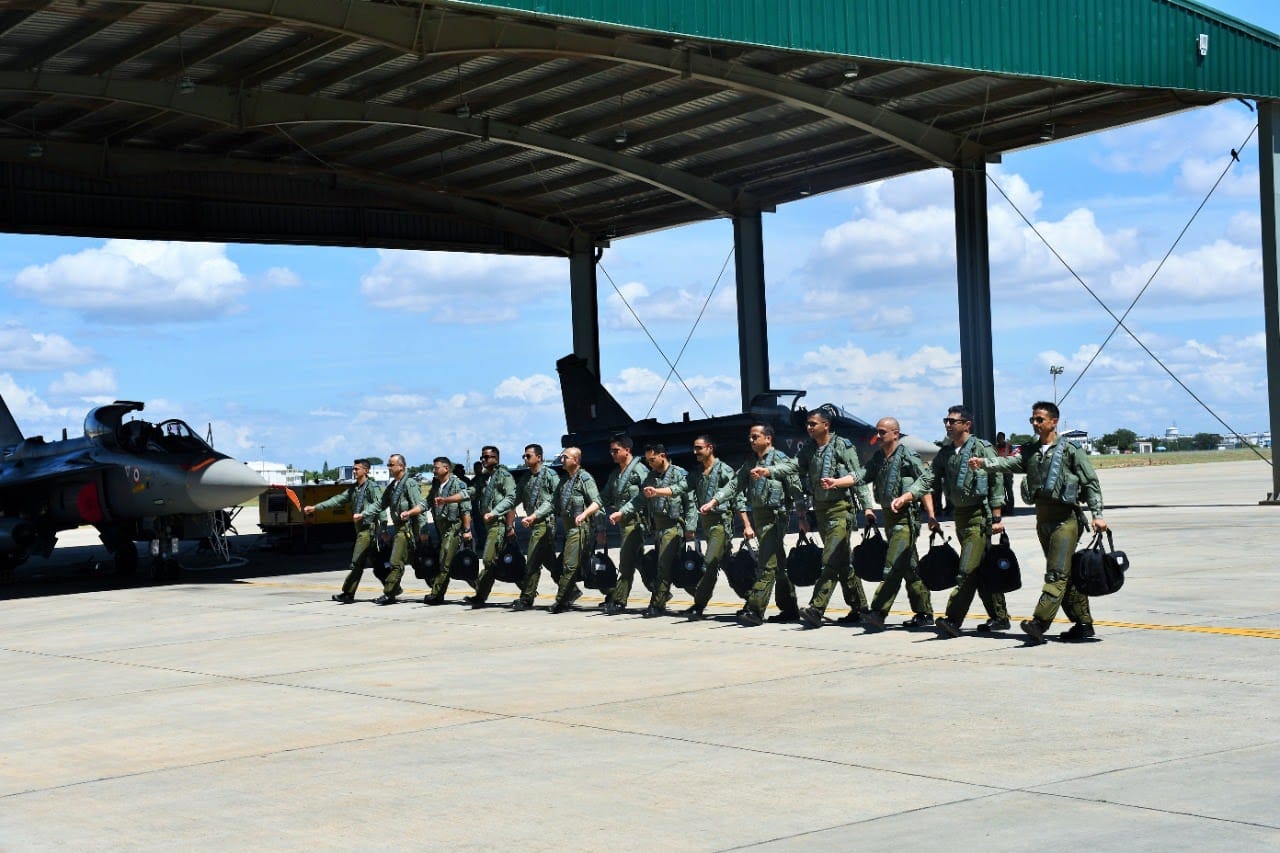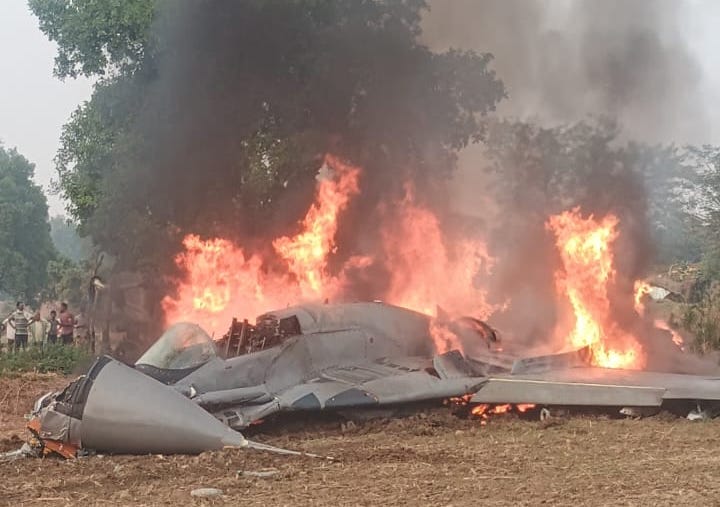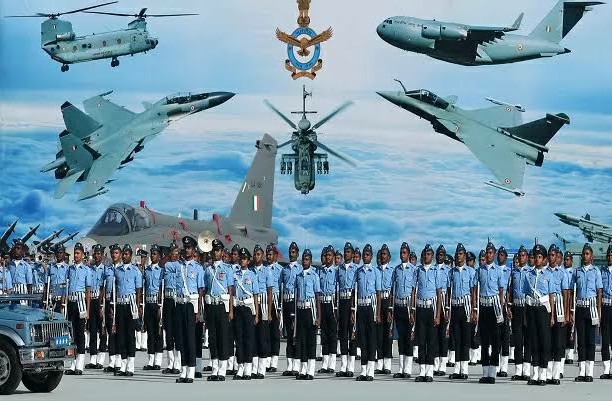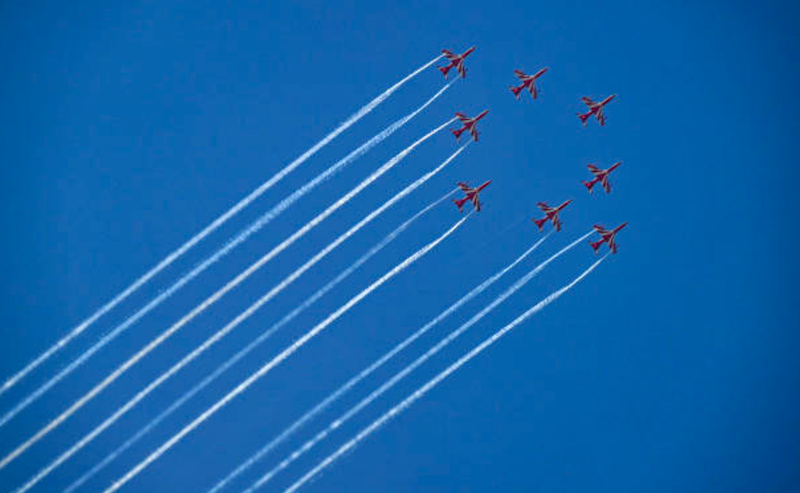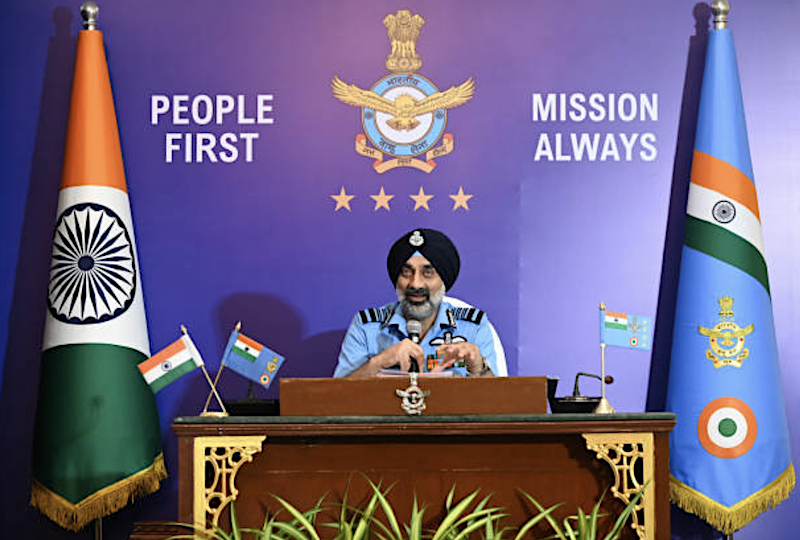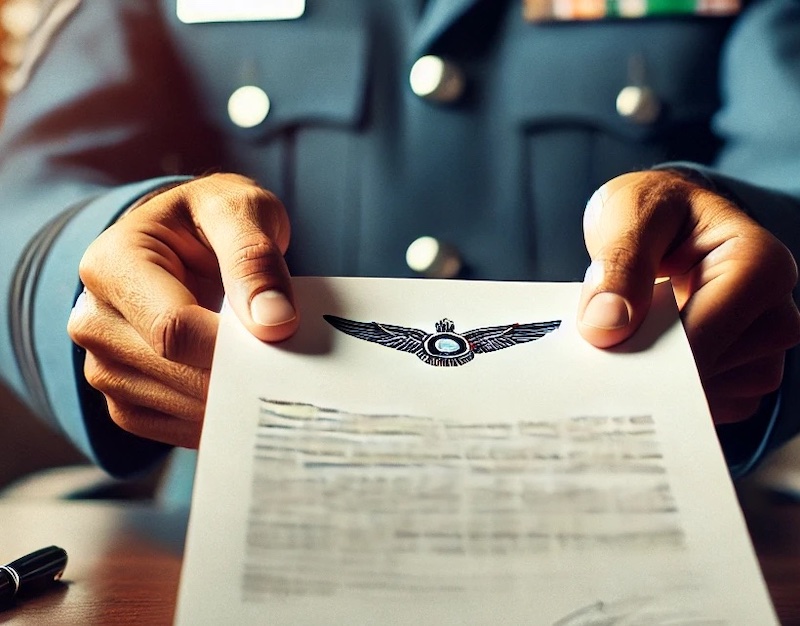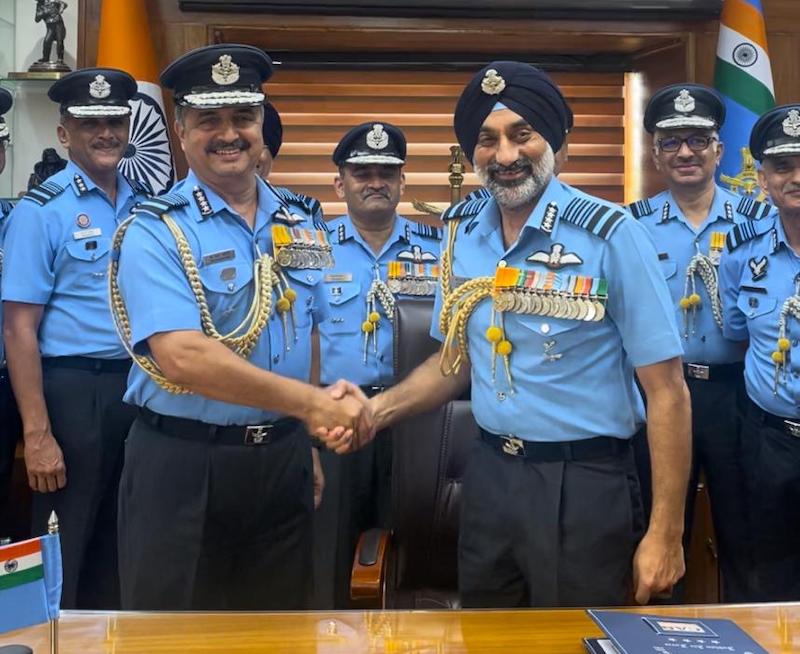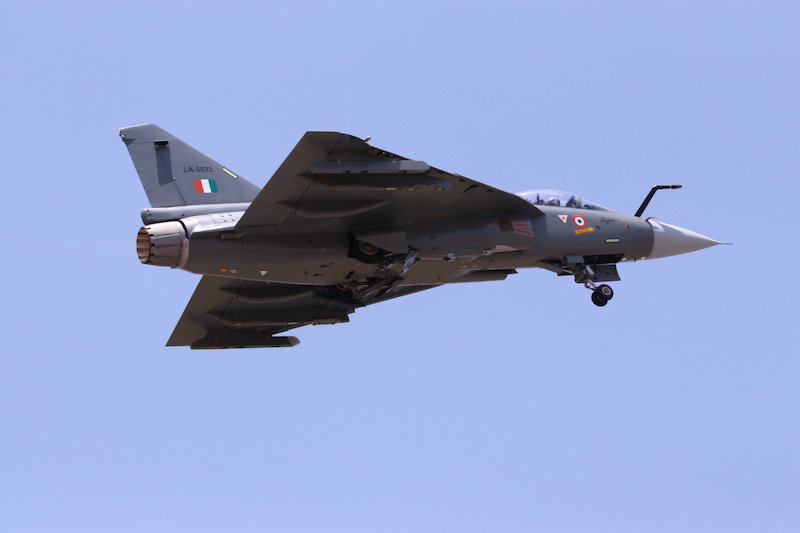 A Tejas LCA. (File photo)
A Tejas LCA. (File photo)
New Delhi: The Indian Air Force is grappling with significant delays in the delivery of Tejas light combat aircraft (LCA) from the state-run Hindustan Aeronautics Limited, raising concerns over its combat readiness and operational capabilities. Multiple factors have contributed to the delays, including supply-chain issues, technical challenges, and bureaucratic hurdles. However, the primary cause of the delays stem from supply-chain issues affecting the delivery of GE Aerospace’s F404 engines.
This engine is an integral to the Tejas Mk-1A programme, as India Sentinels had reported in June 2023, when a HAL-GE Aerospace deal was expected to be signed during Prime Minister Narendra Modi’s United States visit.
Initially, HAL was scheduled to deliver the first batch of Tejas fighters by March 31, 2024. However, the timeline has been pushed back, with the first delivery now expected in August 2024 – five months behind schedule. This delay has been attributed to unprecedented supply-chain bottlenecks in the aerospace industry, which have hampered GE Aerospace’s ability to provide the necessary engines on time.
The IAF had contracted HAL to deliver 83 Tejas Mk-1A fighters under a ₹48,000 crore deal, with the aim of bolstering its fleet and phasing out the ageing MiG-21 fighters. Despite HAL’s assurances of delivering 16 aircraft in the financial year 2024-25 starting from November, the IAF remains sceptical about meeting the deadlines due to the ongoing supply issues of engines.
Defence experts believe that the prolonged delay in Tejas deliveries could have serious implications for India’s air power. With a growing number of adversaries modernizing their air forces, the IAF needs to be equipped with the latest technology to maintain its edge. The Tejas, once inducted in sufficient numbers, was expected to be a game changer, but the ongoing delays are casting a shadow over this hope.
According to sources in the defence ministry who did not want to be named, senior IAF officers have expressed their concerns to HAL, urging the state-run plane-maker to expedite the process and ensure timely delivery of the jets. The delays not only impact the IAF’s operational readiness but also pose a risk to its long-term strategic plans, which include reaching a sanctioned strength of 42 fighter squadrons by 2042.
In response to the delays, HAL has stated that it is working closely with GE Aerospace to resolve the supply chain issues and expedite the delivery of the F404 engines. HAL officials have also indicated that they are exploring alternative measures, such as using reserve engines to keep the production line moving and fitting the GE engines once they arrive.
As the pressure mounts on HAL to expedite the production and delivery of Tejas fighters, the IAF is exploring alternative options to bridge the capability gap. This includes accelerating the procurement process for foreign-made fighter jets to meet the immediate operational requirements.
The government is also under increasing scrutiny to address the issues plaguing the Tejas project and ensure that the IAF’s needs are met without further delay.

